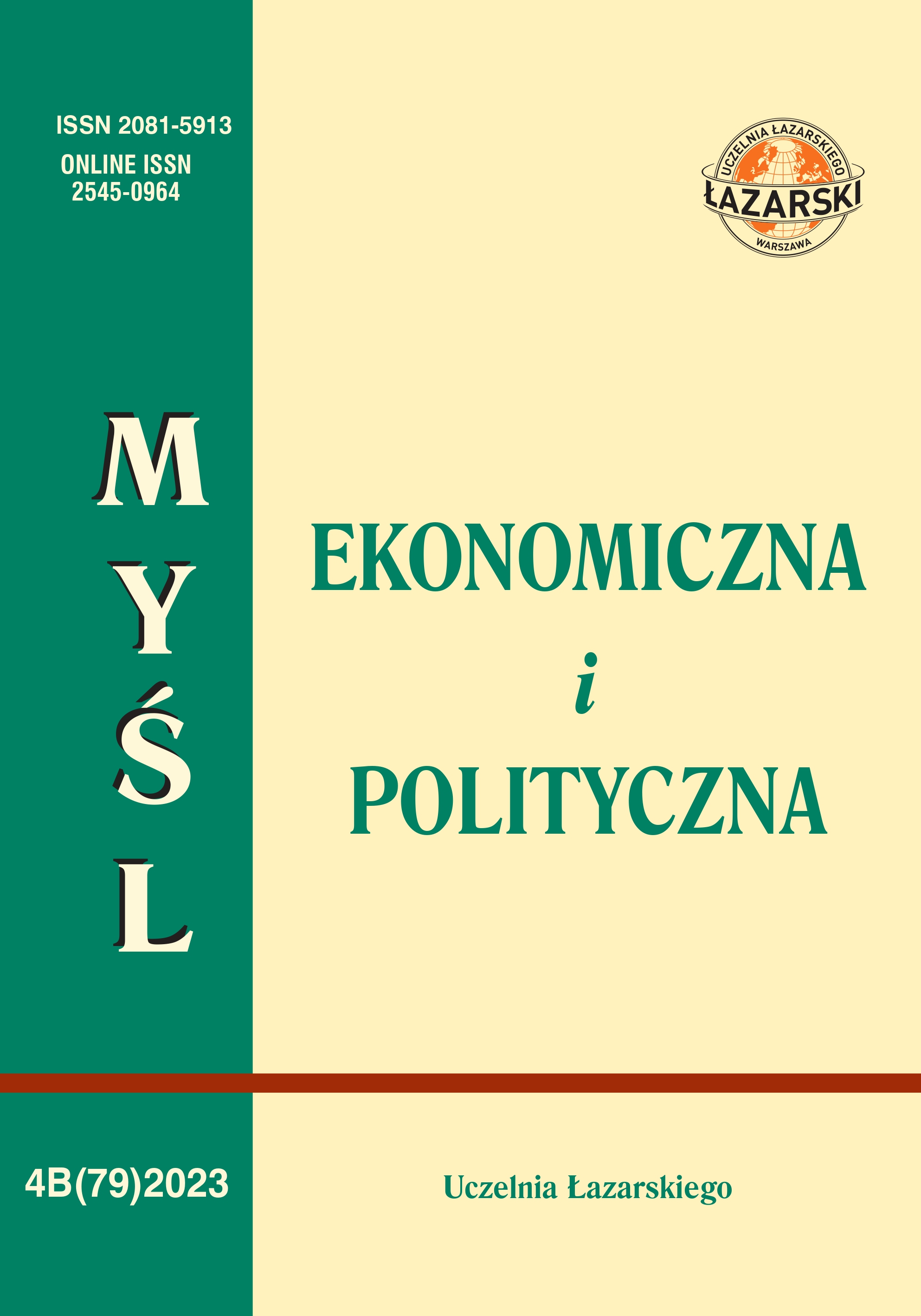Abstract
The article analyzes the reception of Tocqueville’s theory of democracy in the essay The Fall of Western Civilization by Florian Znaniecki. Although this work is less known within the sociologist’s oeuvre, it contains important reflections on the crisis of values in modern democratic societies. The author points to the convergence between Tocqueville’s and Znaniecki’s views regarding the inevitability of egalitarianism and centralization in mass democracy, as well as the dangers posed by the dominance of materialism and the weakening of communal life. Znaniecki, combining philosophy and sociology, formulates a diagnosis of the West’s cultural decadence, warning of its consequences, visible for example in Bolshevism. The article also discusses Znaniecki’s references to French authors – Gobineau and de Custine – showing how his criticism of biological racism and racial imperialism contrasts with the views of these thinkers. In his portrayal of Bolshevism, Znaniecki echoes Custine’s depiction of Russia as a civilization alien to the West, while simultaneously warning that similarly destructive movements may arise in the democratic world if cultural foundations remain unprotected. Znaniecki also proposes a concept of the nation as a cultural community and race as a socio‑symbolic category, distinguishing himself from Gobineau’s racial essentialism. In the final section, the article compares the concept of civil society in Tocqueville and Znaniecki—the former sees associations as a guarantee of liberty, while the latter observes their erosion and calls for the renewal of the spiritual elite. The article demonstrates that Tocqueville’s critique of democracy finds a creative and timely continuation in Znaniecki’s work, serving as a warning against the disintegration of values and institutions in modern democracies.
